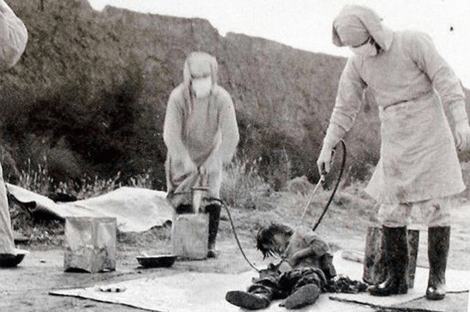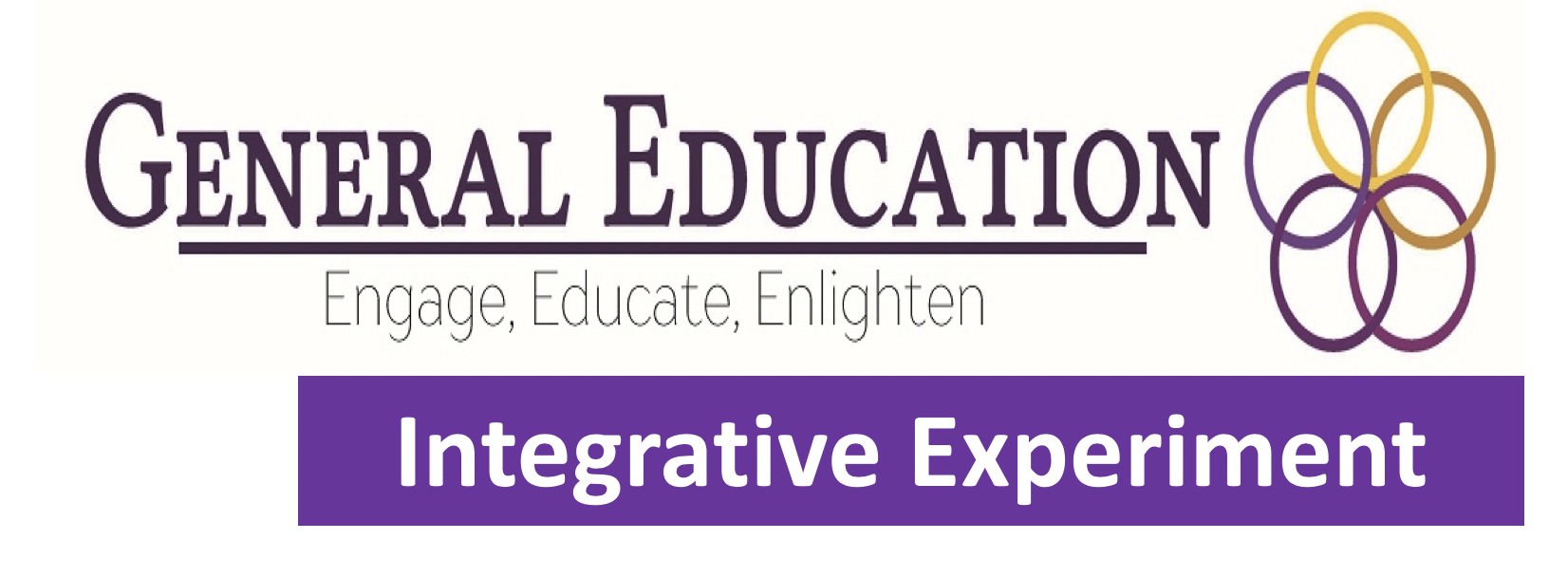Professor: Dr. Mark Mattson
Although amazing knowledge can be gained from human-subject experimentation, why is it so highly regulated? The history behind it is complex. For instance, following World War II the United States offered amnesty to enemy medical personnel who gained unique data through brutal human-subject experiments in exchange for their help to interpret the information. Was it right to reconcile the otherwise unobtainable information gained with the horrifying suffering of the victims? How is science used nowadays to justify “destructive research on human embryos?”1 Through the use of historical role-playing, debate, and project development, students will gain greater understanding of the intersection between ethics and human experimentation and how it may affect them in their career.
This is a 300-level interdisciplinary course anticipated to meet the needs of non-freshman students who still have to satisfy the General Education Cluster 1 Critical Thinking requirement. The anticipated enrollment of the course is approximately 20 students and class will meet face-to-face twice a week for 75-minute sessions. This course will introduce students of all majors and interests to the protocols and regulations of experiments that involve humans as subjects; it will also address the often horrifying history of human-subject experimentation that led to the development of these protocols. Students will engage with the subject by developing their own proposals for human-subject research and following a process that mimics the necessary steps to secure legal permission to engage in this research.
1 Douglas, T., & Savulescu, J. (2009). Destroying unwanted embryos in research. Talking Point on morality and human embryo research. EMBO Reports, 10(4), 307–312. http://doi.org/10.1038/embor.2009.54
Spring 2019


Recent Comments